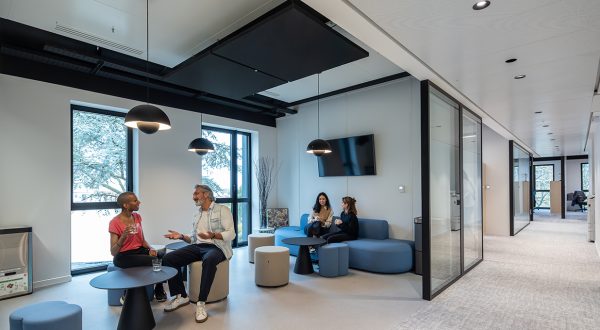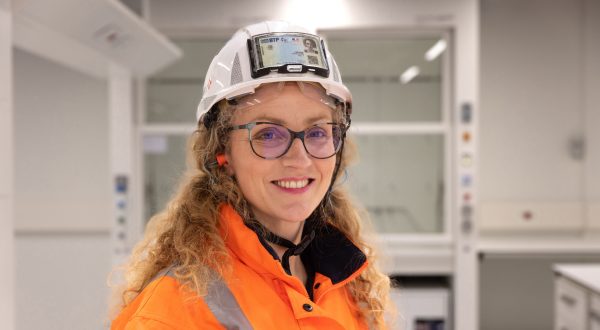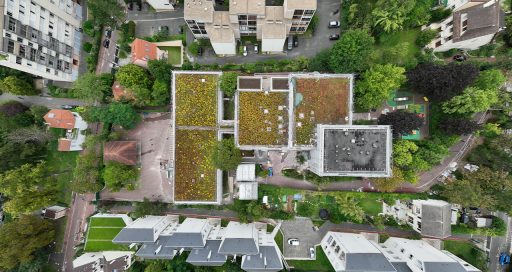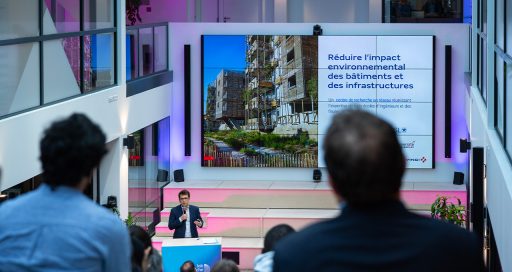VINCI Facilities Solutions and its partner Dabbel are rolling out an artificial intelligence-based solution for monitoring energy use in buildings in Germany, which should result in savings of 40% and improved user comfort.
![]()
Two secondary schools in the small town of Bergneustadt near Cologne in western Germany have made their contribution to building the “town of the future”. In 2020, they were fitted out with a system driven by artificial intelligence (AI) for monitoring and optimising their energy consumption.
The two-pronged project was led by VINCI Facilities Solutions in partnership with Dabbel, a company that specialises in autonomous building management systems. “By recording and tracking building consumption in real time with AI, we can monitor ventilation and heating systems as well as other sources of energy use so as to ensure they run more efficiently. This reduces CO2 emissions while improving user comfort,” explains Christian Ochßner, head of the building technology department at VINCI Facilities Solutions.
The approach, which is in keeping with the VINCI Group’s CO2 emission reduction policy, is based on two main stages. First, modelling of the site is carried out by means of AI, using the various control sensors already installed in the building (for temperature, CO2 level, humidity, number of occupants, etc.). In some cases, additional sensors are fitted with a view to obtaining other measurements to optimise the system.
“This technology makes it possible to develop a comprehensive solution for restructuring and upgrading an obsolete building management system.”
Second, “thanks to a continuous learning process, decisions are improved at each iteration until an optimal balance is achieved between energy consumption and a comfortable and healthy indoor temperature. This helps increase the building’s sustainability,” highlights Ochßner.
Savings of up to 40%
A dashboard enables site and facility managers to check the measurements performed by AI, factoring in a whole range of parameters including usage time, building occupation and weather conditions. Managers can of course also adjust decisions based on expectations, for example in terms of comfort.
“This sustainable and scalable technology makes it possible to develop a comprehensive solution for restructuring and upgrading an obsolete building management system,” adds the VINCI Facilities Solutions manager.
In this case, the system generates savings of 20 to 30% on energy costs. Indeed, Dabbel has recorded savings of up to 40% in ideal situations. Financial savings can also be made on monitoring and maintenance costs for each energy source (ventilation, heating, lighting, etc.).
“There are already plans to install this type of technology on two or three other sites. Between now and 2022, some 80 further buildings in Germany should benefit from the system,” concludes Ochßner.
14/10/2021





